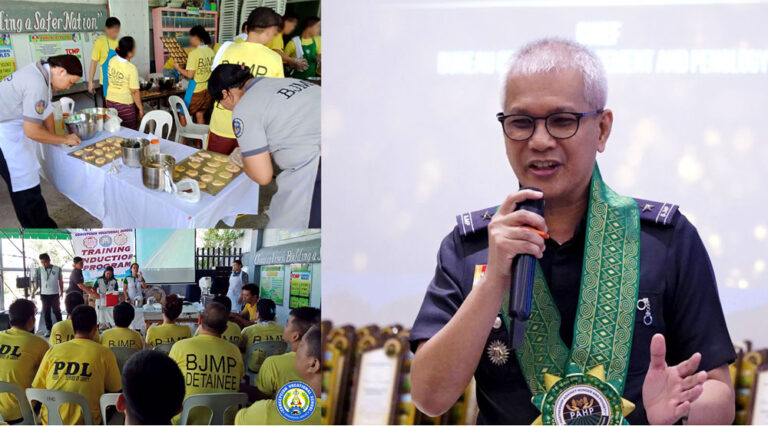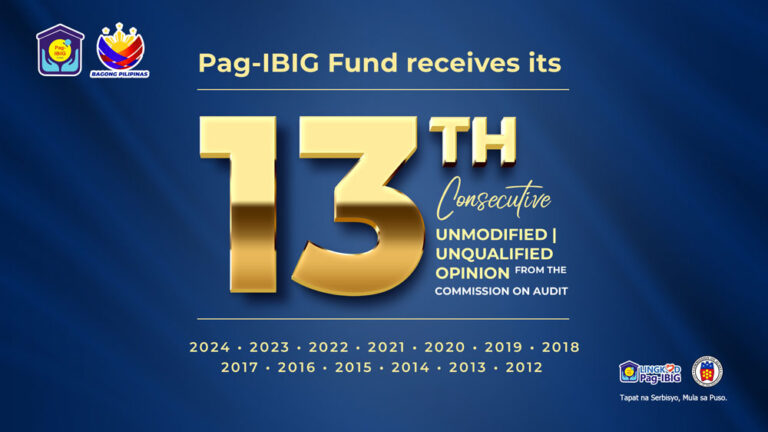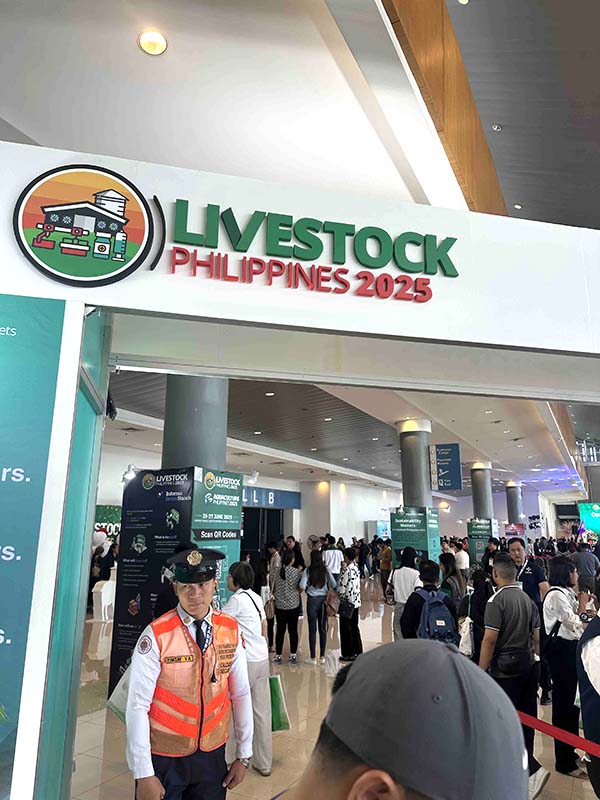
THE PHILIPPINE government, through the Department of Tourism (DOT), demanded accountability from British website HelloSafe after it ranked the Philippines the least safe country for travelers and later changed the list, with Sudan taking the original spot.
In a statement recently, Tourism Secretary Christina Frasco said the original index was “false” and has caused “serious and lasting harm” to the country.
“Safety indexes, when tied to sales and commercial interests, can unfairly distort national reputations, and warrants closer scrutiny about the fairness and accuracy of such rankings,” she said.
“Most concerning, when the flaws became evident, the Philippines was simply removed from the index narrative – without clarification or accountability.”
The ranking by HelloSafe earlier came up with a safety index, ranking 11 “least safe countries on the planet,” with the Philippines at the top.
An updated list on its website as of June 19 showed that the spot was replaced by Sudan but with the same score of 82.32.
Its accompanying interactive map, meanwhile, has yet to match the revised list. The Philippines’ score was cut down to 52.32 but the archipelago remains colored in the darkest shade of purple (very dangerous: greater than 80 points).
”Though the listing has since been altered to remove the Philippines’ false designation and replace it with another country, the correction is not complete, and damage to the country’s reputation and to the lives of our people has already been done,” Frasco said.
“This cannot go unanswered,” she added.
Frasco questioned what she said are “questionable data” used by the website, noting that it lacked transparency and is “entirely disconnected from realities on the ground.”
She added that the HelloSafe’s website shows a focus on driving travel insurance sales “rather than ensuring accurate safety assessments as it clearly lacked full methodology disclosure or identifiable data sources.”
Frasco said the ranking disrupted bookings and businesses and has cast doubt on Philippine destinations.
“Worse, it harmed the livelihoods of millions of Filipinos who depend on tourism, and entire communities whose economies rise and fall with the confidence of travelers,” she said.
“We demand that HelloSafe correct all references to the erroneous data against the Philippines across its platforms and to ensure the accuracy and consistency of its reporting tools, including interactive visual assets.”
She then called on media outlets that carried the incorrect data to make corrections.
“We fully recognize that the Philippines, like any country, has challenges. We do not deny that. The fact remains that extensive work is being done daily to address those challenges,” Frasco said.
“Across our key and emerging destinations, safety is not taken for granted. It is upheld by trained police personnel, supported by strong partnerships with law enforcement agencies and local governments, and reinforced by the commitment of our tourism workers.” (Joyce Ann L. Rocamora)



